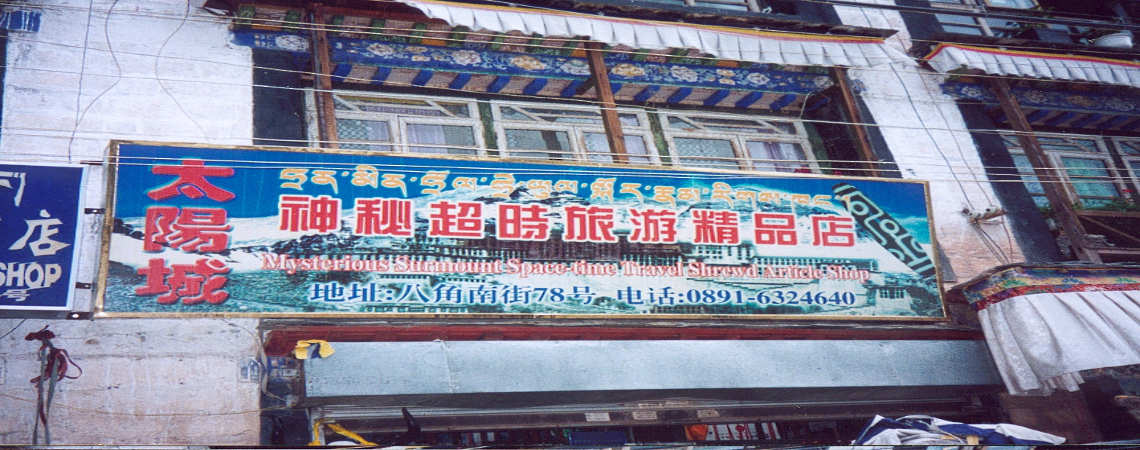It’s Koningsdag (King’s Day) today. It’s usually loud and raucous, streets packed with flea market items, people crammed on boats teeming on canals, kids performing violin solos and playing games, plenty of beer, and orange-clad revellers throughout Amsterdam. Today is quiet, local, and subdued. A few neighbours are out chatting while keeping the regulatory 1.5m distance, kids are playing football in pairs…and that’s about it.
The skies are bright blue, and not a single aircraft can be seen right now.
The last few weeks have involved rebooking or cancelling long-haul flights and shorter-haul train tickets: to Seoul for our Asian Borderlands conference (moved to the same time next year), to San Francisco for a roundtable, to Zürich for an invited talk, and to Tallinn for a workshop.
We’re also postponing a pilot project sponsored by the UvA’s Centre for Urban Studies, where we were going to bring two Nepali air traffic controllers to meet with counterparts working here in the Netherlands to brainstorm overlapping experiences in managing urban skies.
And much of life is on hold. Holding patterns indeed.
While my new research project is on how people in aviation ‘manage the skies’ in practice, the disruption due to Covid-19 in fact opens up even more questions for the future of the industry and the people who make air infrastructure work.
What does this mean? On one hand, flights will likely be more expensive and could involve more stringent environmental conditions if flights resume again, and on the other hand – according to sales employees in two European airline companies – people are booking plenty of holidays for 2021 in anticipation of flying again. There is talk of airline company bailouts and (re!)nationalisations and aviation jobs layoffs, but then again, what happens with aviation staff when people get back to flying, if at all? How will flight routes and paths be managed or rearranged? These are questions that overlap with broader implications for post-Covid-19 future scenarios like those in this article by Itty Abraham.
When there is time to work (ha ha ha), I am revising an article for Cultural Anthropology, a book chapter on Development Zones in Asia for this project, and awaiting the publication of a forthcoming co-authored piece for Mobilities. And Voluminous States will be forthcoming in August by Duke University Press – very excited about it, including the stunning cover. We are still continuing supervisions online – I am particularly excited about a MA student who is working on a thesis about frequent flyers and flight shame – but this period is unbelievably tough for students, many who have to return early from the field, many who are struggling in different ways. Weiqiang Lin’s SSHR project on ‘Peopling Infrastructure: Aeromobilities, Automation and Labour Mobilisations in Asia’ has just begun, and I am pleased to be involved. This is going to be a curious next few years for labour in aviation.
It’s all there, simmering, but naturally slow-going, and perhaps slow is what we need now.
There is still plenty to figure out over the next few months. For now, I am online teaching, supervising, and our family is trying to juggle living in our apartment which is now a hybrid office-school-living space. But we are – so far – relatively healthy, and that is everything. It’s a sinister virus. Take care of each other.


